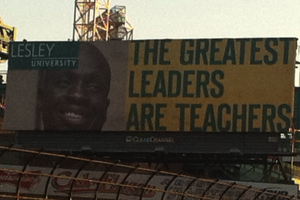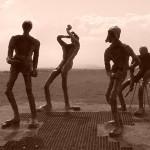“If people “of different cultures” are to meet, it must be as people, as persons, for it is only thus we can meet. And then the stage is set for something that can fister mutual respect and udnersatding – or struggle. Talk of “culture”, and the picture that springs to mind is one of difference, divergence, and distance. Talk of “people” or “persons” instead, and the picture is one of humans who struggle with some of the same compelling concerns and who therefore-despite all difference-can resonate across time and place”.
Unni Wikan (2002: 84)






